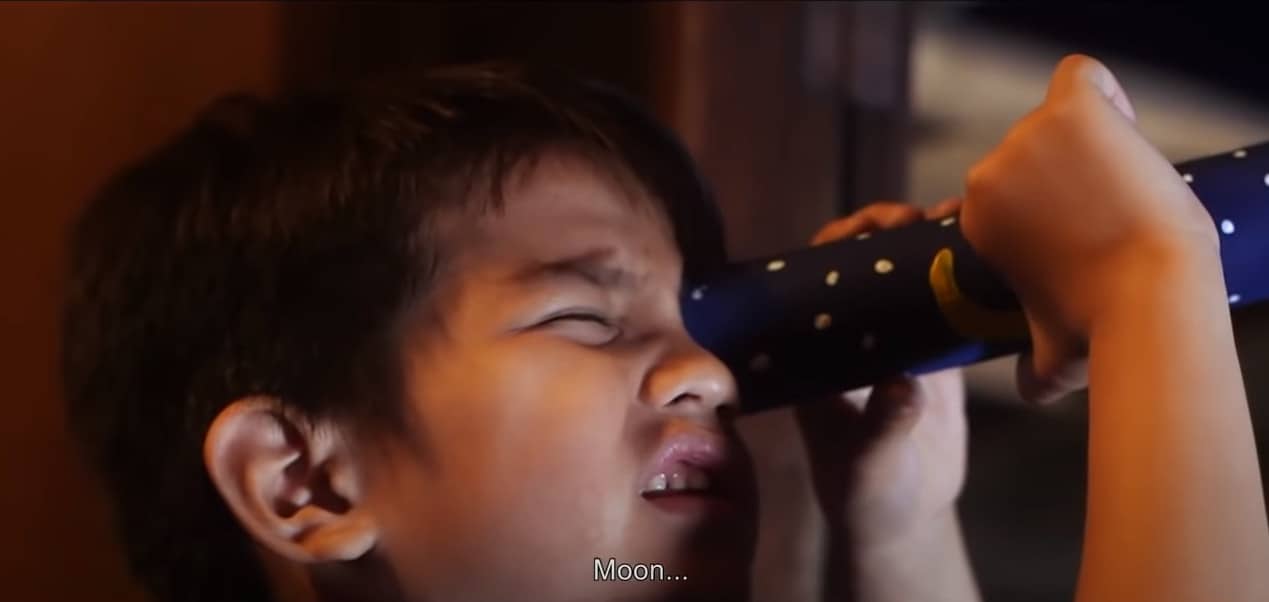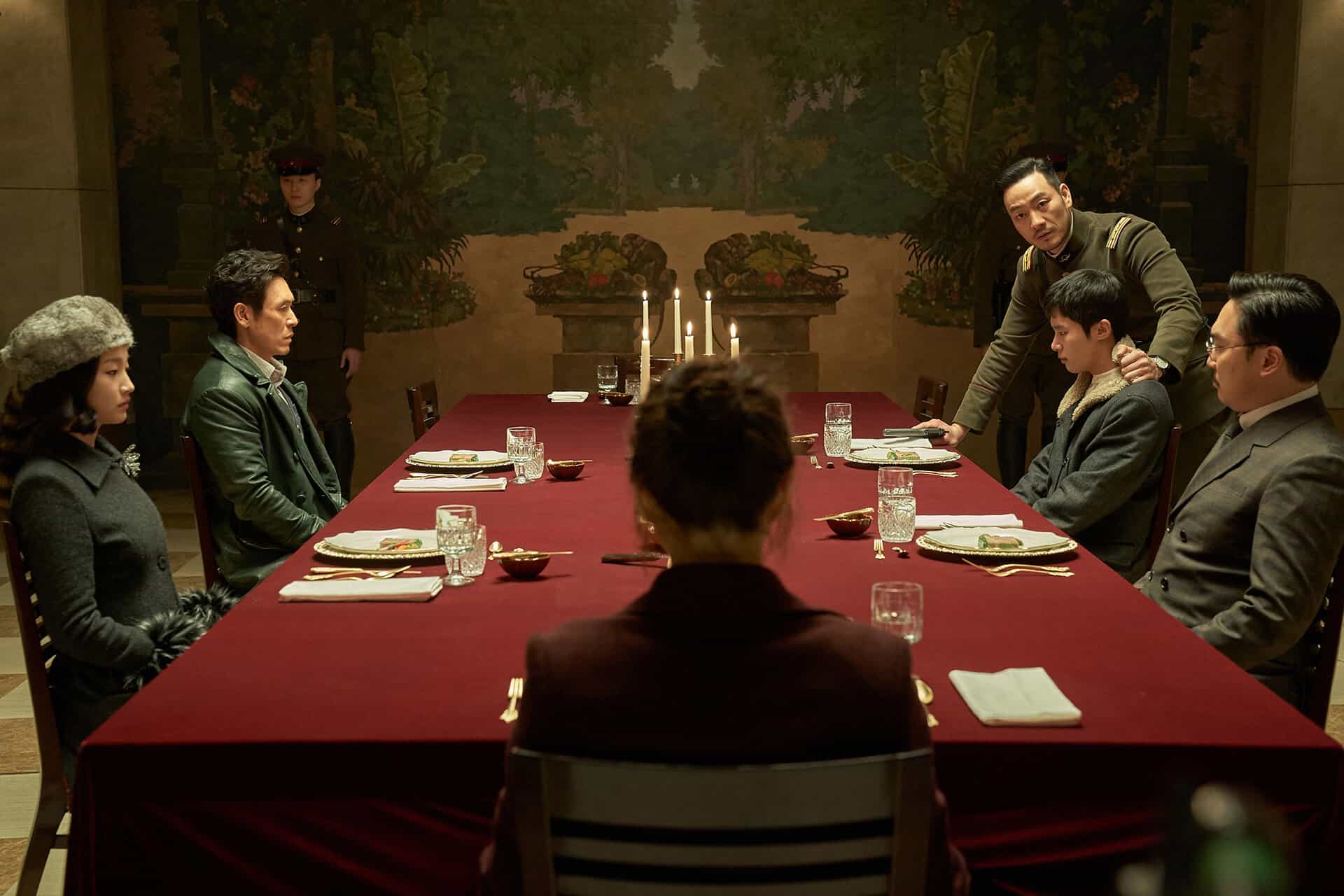Debuting in 2017 with “Noise”, a disturbing drama about the Akihabara massacre, Yusaku Matsumoto directs three new movies this year. One of them is “It's All My Fault”, which tells the story of a young boy named Yuta, who runs away from the orphanage to find his mother. But she is not willing to take responsibility and the reunion is ended by her, calling the orphanage's supervisor. Betrayed and pursued, Yuta runs away once again and finds shelter with middle-aged Sakamoto, who lives in a broken-down truck near the sea. Together with schoolgirl Shiori, the trio forms their own little family with some straits of criminal exploitation.
It's All My Fault is screening at Camera Japan

The three main characters played by Haruta Shiratori (Yuta), Jo Odagiri (Sakamoto), and Ririka Kawashima (Shiori) harmonise very well and each actor conveys their own personality. While Yuta represents a rather reduced character, often shy and silent, his older self mirrored in Sakamoto is extroverted and talkative. Shiori comes with her own backstory, having lost her mother at a very young age, and balances between the two extremes with calmness and wisdom. Still, all of them are fighting with inner demons and open questions that need to be solved.
Matsumoto, who also wrote the script, tends to slow down the movie during the second half of his film. After a fast-paced introduction and Yuta's troublesome escape from the orphanage and his mother's home, the scenes at the sea resemble a strong contrast. At the same time, the dynamic camera bites are traded in for a more static cinematography, which fits the scenery. “It's All My Fault” becomes more dialogue driven and focuses on the inner states of Yuta, Sakamoto and Shiori. As the topic of missing motherly love is discussed on a deeper psychological level, the attention span of the audience is tested by a bunch of conversations that merely blow out premature and stereotyped wisdom about life and loneliness.
What could have been a great runaway movie loses itself in an all-absorbing beach movie about a homeless man, a young runaway, and a schoolgirl that try to find affection at the edge of society. Luckily, Matsumoto does not stretch out too far and dodges the low fruit of turning this into social romanticism. “It's All My Fault” concludes with a criminal investigation involving a murder, which brings the storyline back on its tragic tracks.
All in all, the movie has weak points and lengthy parts, but also offers a viewable main character with a well-developed story that examines three different views on maternal love. Therefore, it appeals to different kinds of viewers and puts out some new perspectives on the matter.
















